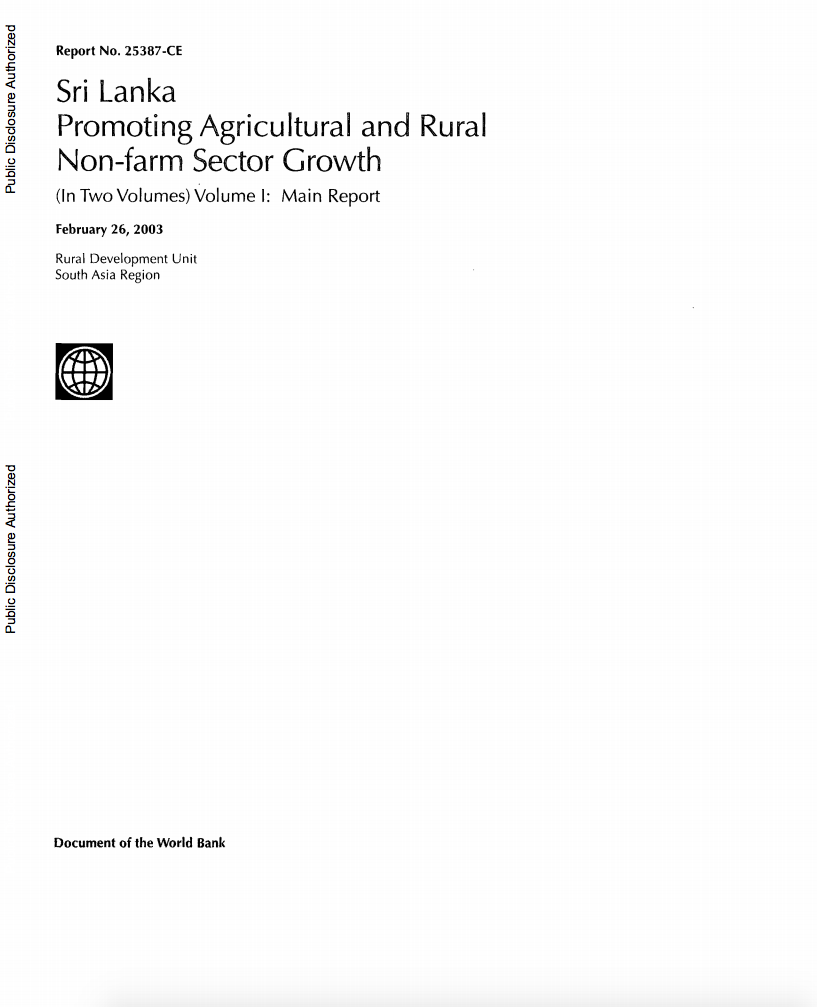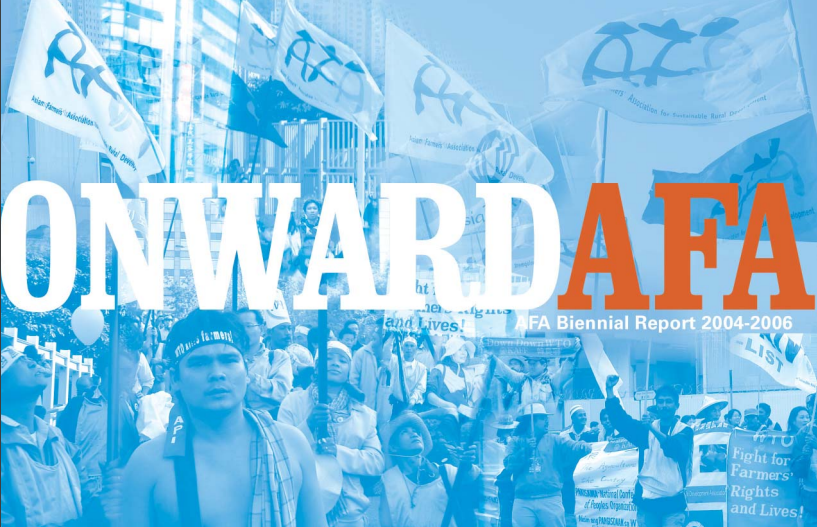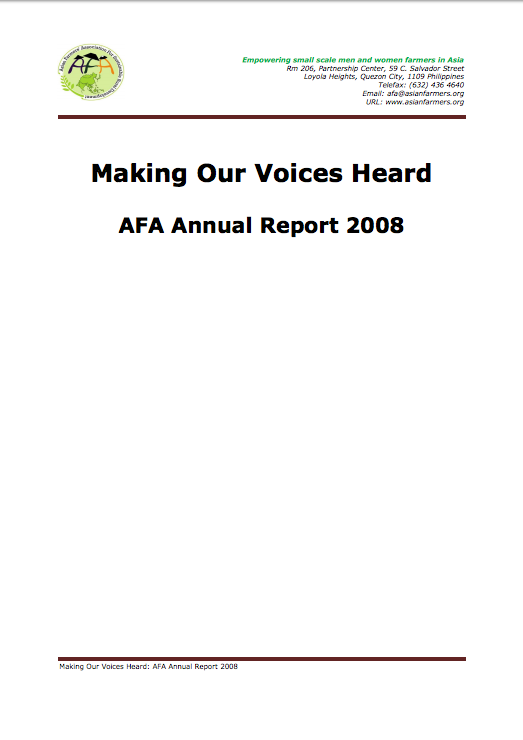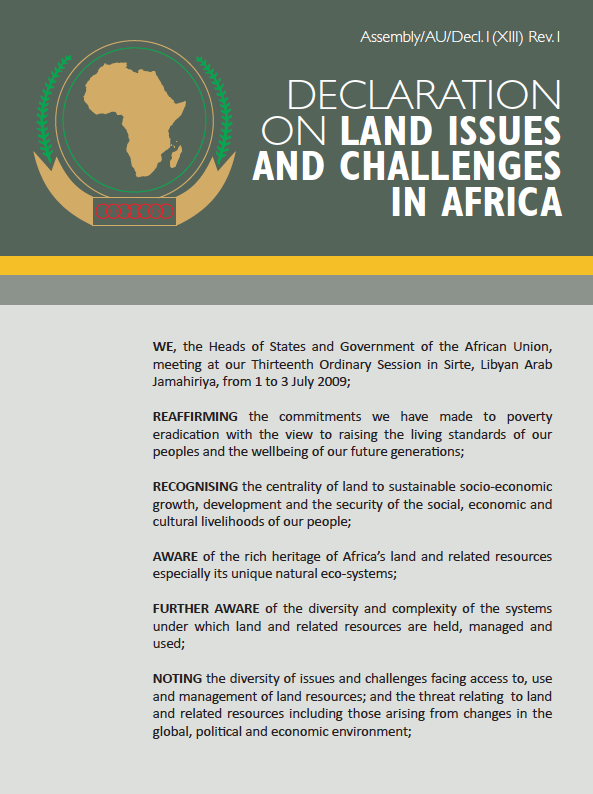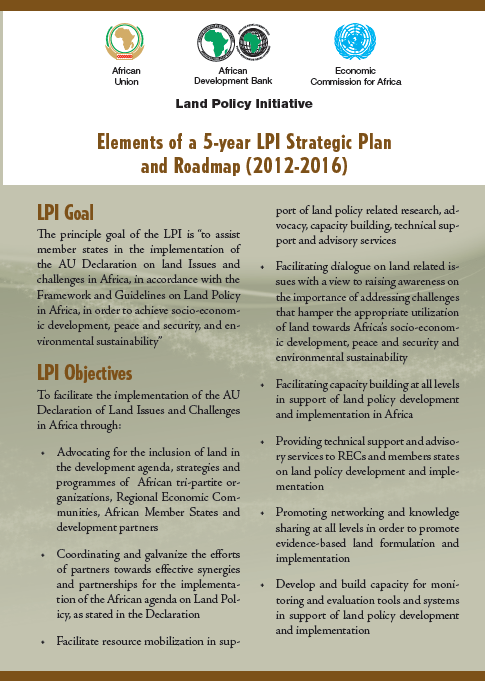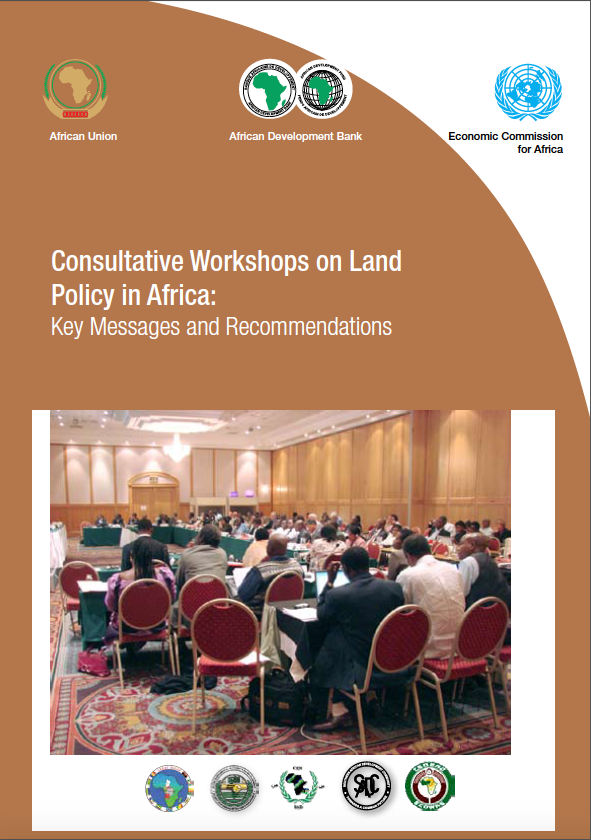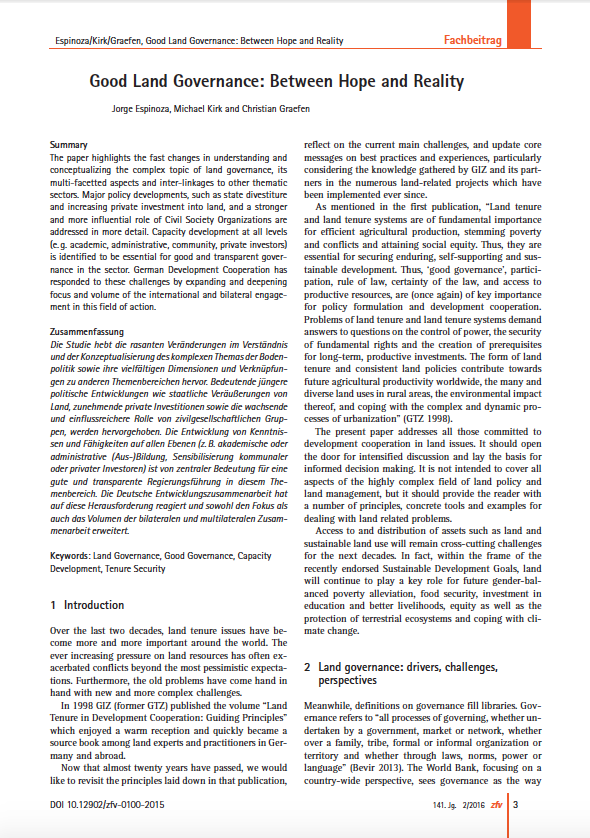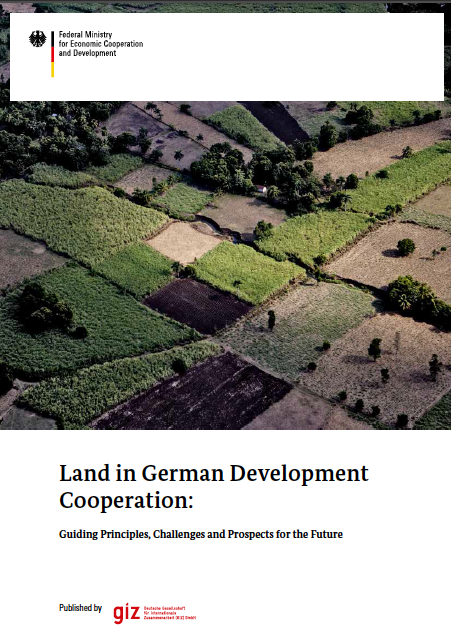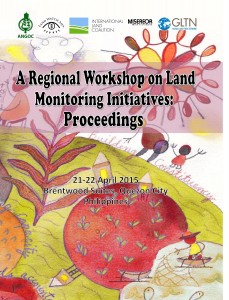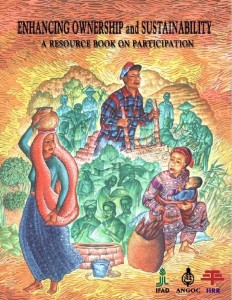Biological Resource Management : Integrating Biodiversity Concerns in Rural Development Projects and Programs
The aim of this study is to improve
understanding of how biological resource conservation
concerns can be better incorporated into projects and
programs that primarily address the objective of rural
development rather than environmental conservation. A
multi-disciplinary study team was assembled and six
background papers produced, along with the main overview
paper. The six papers were on: 1) measuring biodiversity,


